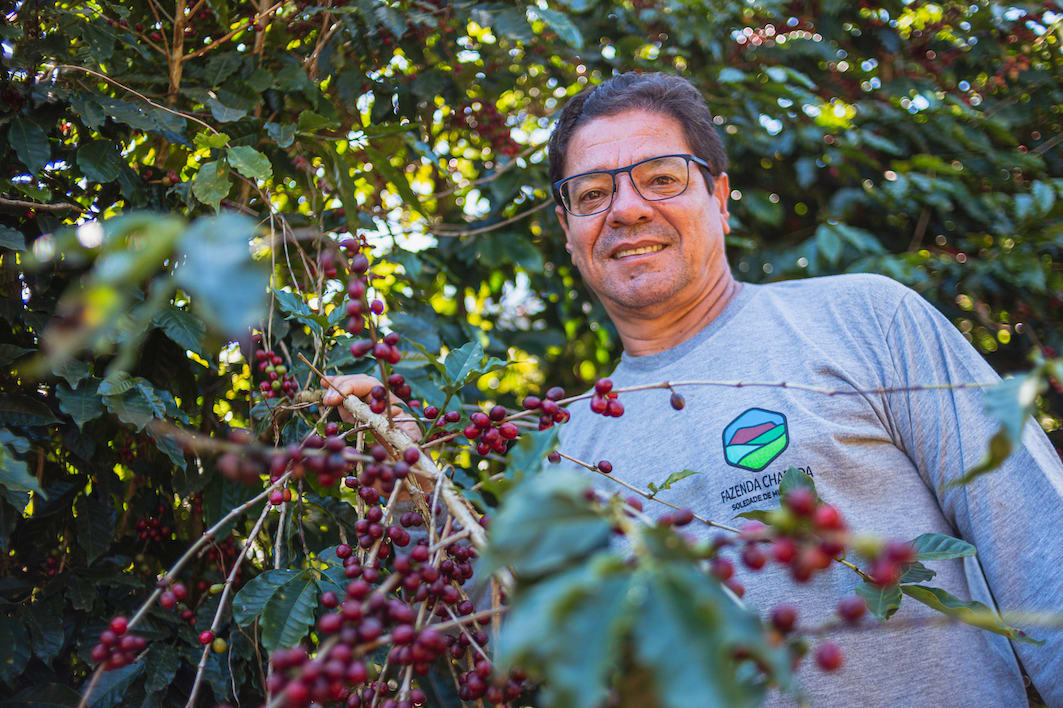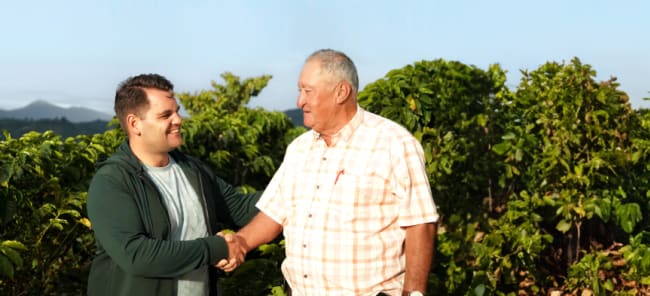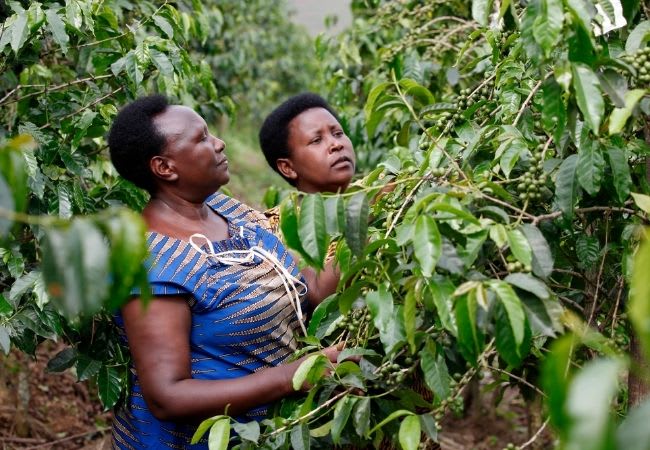The coffee industry is broken. From low wages to climate change and sustainability, the problems are enormous. We believe that taking action to transform the industry is the solution.
When our founder Stephen started Pact in his home kitchen in 2012, his goal was to get people drinking better coffee – but much more than that – to make life better for the farmers at the heart of the industry.
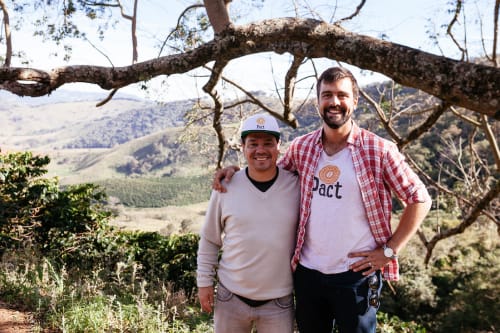
Today, our mission remains the same, but we want you to know that these are not just words. That’s why we’ve poured our heart and soul into our latest coffee sustainability report. Our Transparency Report includes first-hand stories from growers, the problems that exist within the industry, and offers advice on how collectively, we can all build a better future for coffee farmers worldwide.
Coffee Industry Problems
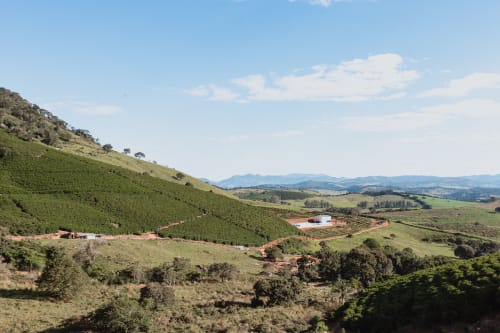
Supply chain
Many people don’t realise just how much time it takes to produce speciality coffee – an average of 3 years. Such a time-consuming process should receive comparable financial reward. But due to the many middle parties in the supply chain, farmers often struggle to cover their own production costs.
Fairtrade
Created to combat the problems within the commodity coffee market, Fairtrade is widely considered the benchmark for customers looking to make ethical coffee purchases. However, the Fairtrade base price of $1.40 per lb of green Arabica coffee has remained unchanged since 2011. It’s also the same flat rate across the world and often equates to less than the minimum wage for farmers.
Climate change
Climate change and environmental diseases have resulted in a significant impact on coffee farming. Pest invasions, leaf rust and unpredictable weather are amongst the difficulties farmers are now dealing with. It’s estimated that by 2050 the land suitable for coffee production will be reduced by 50% - a truly alarming statistic.
Gender inequality
The gender gap in coffee is huge. Women make up a large part of the workforce in the coffee industry. But despite this, they own considerably less land, earn on average a lower income and have access to fewer training and leadership opportunities.
The Pact solution
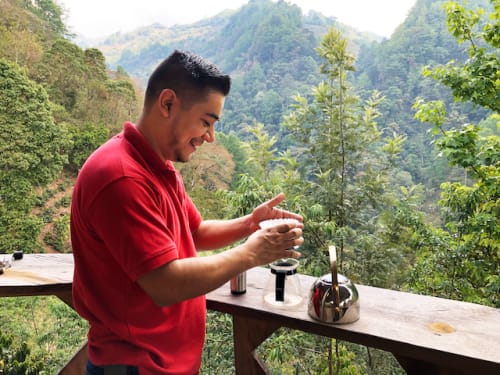
The coffee industry won’t change on its own. It requires seismic action from roasters to consumers. Discover what we’re doing to tackle some of the key issues.
Direct Trade
By going straight to the source, we cut out unnecessary steps from the supply chain. This means we are able to pay farmers a premium price for a premium product – an average of 55% above the Fairtrade base rate.
Sustainability
One of the biggest concerns in coffee farming is deforestation. We only work with farmers committed to sustainable farming practices, and never encourage them to increase production above their land capacity. Two of our biggest partnerships – Planalto and Zaroca – have amazing conservation projects to protect wildlife and reforest land.
Championing gender equality
We made it part of our sourcing model to increase the amount of coffee we purchased from female led farms. Last year that amounted to 35% of the green coffee we purchased. In addition, we are actively working to champion women as leaders in the coffee industry.
3 Phase Programme
We forge long-term relationships with farmers through our 3 Phase Programme. This offers them more financial stability, and helps us to address some of the social and economic issues at origin. This programme identifies promising farmers, helps develop farms through small investments and aids them in scaling up.
What you’re helping us to achieve
From gifting 34 cows to farmers in Rwanda, to purchasing 54% of our coffee from small, rural farms. The 21 million cups of coffee our customers sipped last year enabled over 150 farmers enjoy a better quality of life, and helped us get even closer to our goal of transforming the coffee industry from the inside out.
We all have a part to play, and every bag of coffee you’ve purchased has made a difference. Thank you – we could not do it without you.
For a deeper dive into the challenges facing the coffee industry, and how we are working to overcome them, read our full 2020 Transparency Report.
